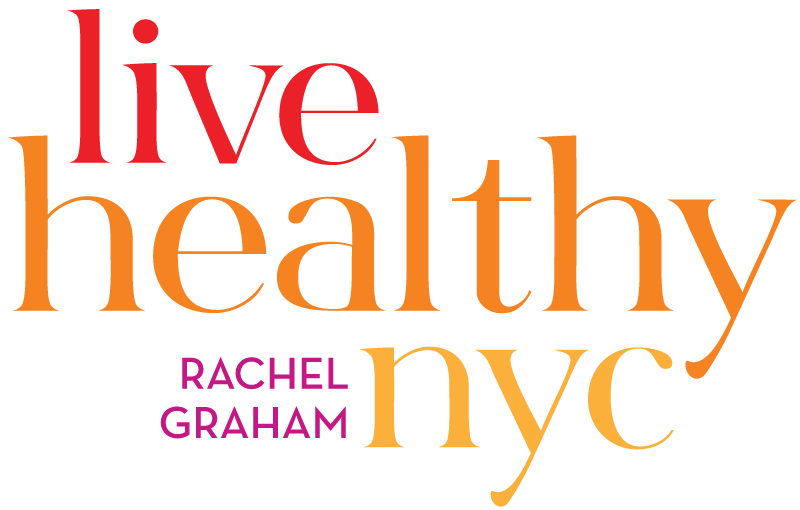She wasn’t feeling like eating. Not in the “I’m so full from brunch” kind of way but more like her mind had quietly shut off her appetite. The spark just wasn’t there. She felt… blah. That much she had connected.
But here’s the tricky part: she knew she needed to eat. Her logical brain was fully aware it had been hours since her last meal. In fact, she hadn’t eaten a single bite since dinner the night before, and now it was well past lunch. She had even gone to the store earlier and picked up some of her favorite foods, things that usually make her mouth water. And yet, the interest just… wasn’t there.
“Eat when you’re hungry,” the intuitive eating books and podcasts say. It sounds so simple. But what happens when you’re not hungry… and you still need to eat? When your mind and body feel connected enough to notice something’s off, but not connected enough to give you a clear answer?
This is where intuitive eating gets real.
We like to think of intuitive eating as a smooth, flowing dance between mind and body. A kind of conversation where hunger and fullness cues are crisp and clear. But sometimes, the lines get fuzzy. Stress, hormones, sleep deprivation, grief, anxiety, or just an “off” day can cloud those signals. The dots are there. You know you haven’t eaten, you know your body needs fuel, but the dots aren’t connecting in a way that leads to “I feel hungry, so I’ll eat now.”
Here’s the truth: intuitive eating isn’t just about chasing hunger cues. It’s also about caring for your body, even when those cues are quiet. Sometimes that means making the decision to eat simply because you know you’ll feel better if you do, even if you’re not craving anything specific.
So what do you do on days like this?
Start small. You don’t need a full, elaborate meal right away. Try something gentle on your stomach, like a piece of toast with nut butter, yogurt with berries, a smoothie, or a handful of crackers and cheese.
Choose familiar comfort foods. On low-appetite days, familiarity can be more inviting than novelty. Pick foods you associate with warmth, care, and ease rather than excitement or indulgence.
Remove the pressure. You’re not failing at intuitive eating because you’re not hungry. You’re practicing it by listening to your body’s overall needs, not just one signal.
Stay curious. Instead of frustration, approach it with curiosity: What might be dimming my appetite today? Am I tired? Anxious? Distracted? Simply asking can help bridge the mind-body gap.
Intuitive eating is about self-trust, but trust isn’t built only in the easy moments when everything clicks. It’s built in the messy moments too, the days when you eat because you care for yourself, not because you’re “hungry enough.”
Because sometimes, the most intuitive thing you can do… is simply take care of yourself. As a licensed Clinical Behavioral Therapist and Intuitive Eating Counselor, I’m here to support you. If you’d like to explore working together, feel free to reach out at rachel@livehealthynyc.com.

